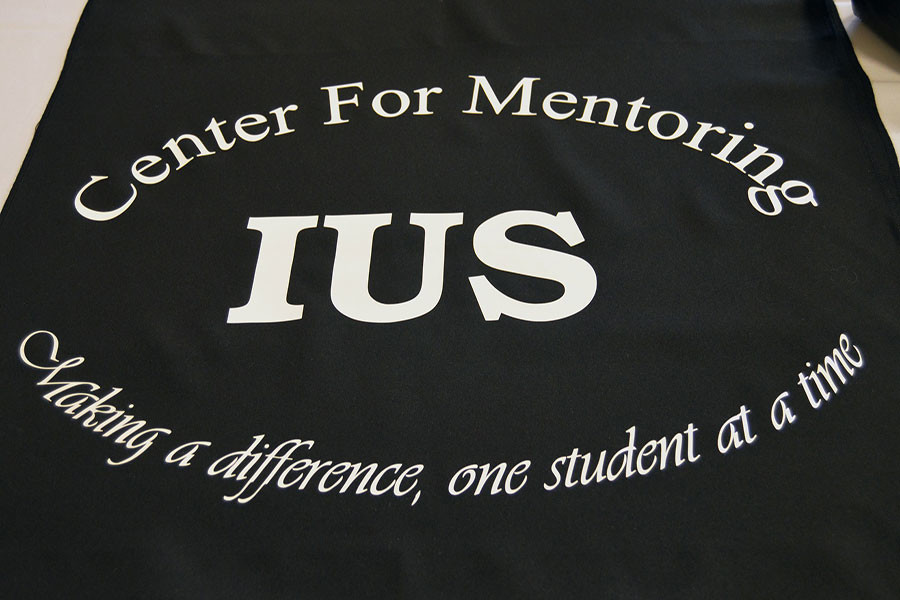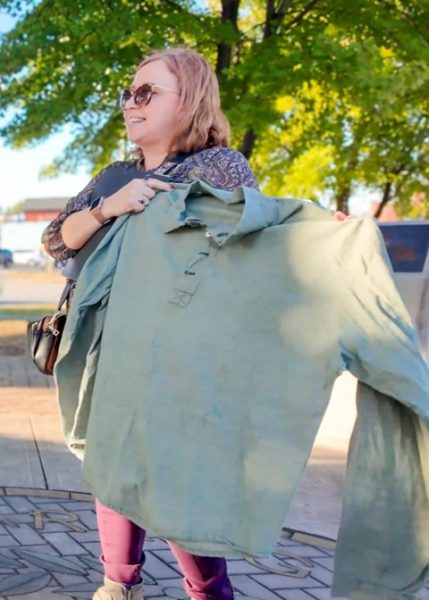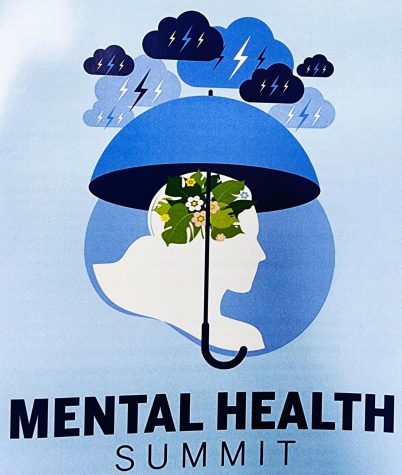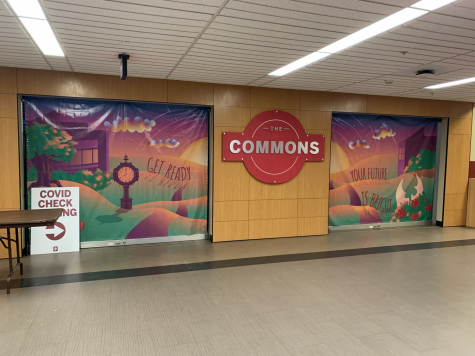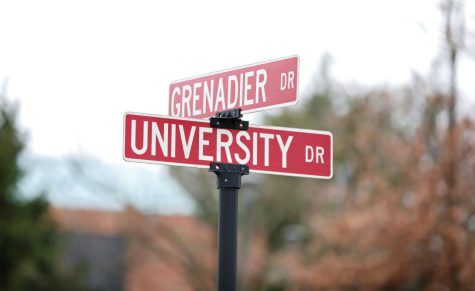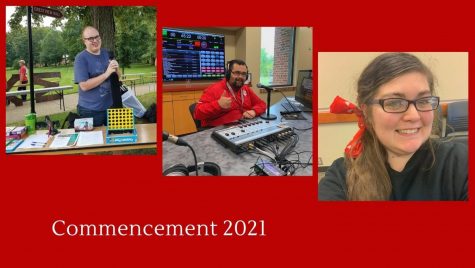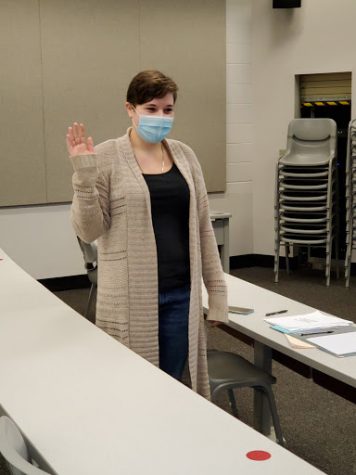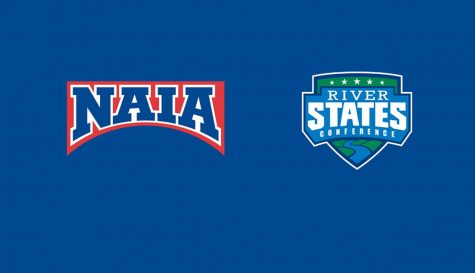Faculty mentors
How getting to know your professors can help you succeed in the academic and professional worlds.
The course instructor enters the classroom and routinely greets the students scattered before them. Preliminary discussion points for the day are scribbled on the whiteboard with a fading marker and the only sounds to be heard are the rhythmic clicks of ballpoint pens accompanied by the faint hum of the fluorescent bulbs glowing overhead.
As ill-prepared dialogue is initiated by the instructor, the anticipatory melody of pen clicking turns passively aggressive and the droning hum of the ceiling lights begins to sound reminiscent of a prolonged shout.
This is the exact moment that each student faces the realization that for the next seventy-five minutes, this invasively lit classroom will house their damnation. From an academic standpoint, this is hell.
The dramatization above isn’t just an effort in fiction, as classrooms similar to the aforementioned do indeed haunt the corridors of IU Southeast.
Certain faculty members have taken note of the trend and have made the decision to bring change to the ways in which students see the likelihood of establishing a connection between themselves and their instructors.
Meghan Kahn, assistant professor of psychology, is one of the IU Southeast faculty members who believe in the importance of establishing a relationship with her students.
“Establishing some sort of connection with instructors is extremely important,” Kahn said. “It gives you someone trusted to go to when you’ve encountered any setbacks or challenges.”
Kahn may not be part of any formal mentoring organization, but this has never acted as a hindrance when it comes to creating a connection with students interested in such a relationship.
Since she began teaching, Kahn has never been a part of the mentoring staff, however, this has never stopped her from doing some informal mentoring with students.
Being in the psychology department, she understands the importance of establishing connections with her classes and often times these connections have a tendency of happening organically.
For Kahn, much of her time spent participating in informal mentoring revolves around discussion relating to academia.
But as time and these relationships move forward the conversations have proved to become more personalized in their nature as Kahn is able to discuss with students what is going on in their lives outside of an academic setting.
“We end up doing a lot of talking about things like educational goals, career goals, how classes are going and how life is going,” said Kahn.
For some students, developing a relationship with their instructors may be essential to their success, but Kahn points out that any sort of connection with faculty and staff can lead to the necessary know-how that is sought after.
“I think that it is also important to establish social connection on campus through some type of faculty members so students can work to create a network here,” she said. “For a lot of the students at IU Southeast they encounter difficulty in knowing where to go when it comes to seeking a mentor, but I’ve been here long enough where I can either help them or point them in the direction that they need to go.”
Kahn believes that the role of the instructor is to not only inform, but to help, which is why she is welcoming to the idea of students seeking assistance both inside and outside the classroom.
For Kahn, she wants students to feel comfortable when it comes to seeking advice or assistance.
“When I’m in my office, I keep my door open, always. I want students to know that I am available,” she said.
While students can benefit from establishing a connection with a mentor, the benefits aren’t strictly for the peers of these willing instructors.
“I think that it is one of the most rewarding things that I end up doing because some of those students that I end up mentoring I am able to see their path and see them change and develop over the years,” Kahn said. “It’s really exciting.”
Across campus, in the Arts and Letters department, senior lecturer in English, Teresa Reynolds, shares Kahn’s passion for engaging with her students and providing an outlet for an informal mentorship.
Reynolds believes that all course instructors are mentors in some variation or another, whether or not they proactively make an effort to establish some sort of connection with their students.
“As instructors, we don’t always call ourselves ‘mentors,’ but that’s exactly what we are,” Reynolds said. “Everybody learns better when they feel connected to the people that they are learning from.”
Throughout the years, Reynolds has helped students in a wide variety of ways in the classroom, but hasn’t let the passing of time stand in the way of maintaining her relationship with certain students as she stays in contact with them during their professional endeavors post-graduation.
“There are students who stay in touch with me and remind me that I have influenced the decisions that they have made, so I really think that it does help having a mentor,” Reynolds said. “There is also a readiness factor in learning, meaning that you will learn from somebody if you are ready to and if you are open, which is why having a mentor can be such a good thing.”
She suggests that the widespread importance of a student-mentor relationship is something at the forefront of the minds of each faculty member on campus, but knows for certain that in the English department this connection is often times essential for higher learning.
“The Arts and Letters department really understands the importance of the connection between faculty and students because in a discussion based course it is very important to feel comfortable,” Reynolds said.
Reynolds recalls her time as an undergraduate student and acknowledges that without a mentor, her enrollment in higher education may have turned out differently.
“I absolutely remember having a mentor. In fact, I don’t know that I could have gotten through undergraduate or graduate school for that matter without one,” she said.
For Reynolds, all it took for the connection between herself and her instructor to take form was a small note scribbled onto an assignment that she had turned in.
“He wrote something on my paper that mentioned meeting and discussing my future and with that it just seemed instant, and he ended up being my mentor all through my undergraduate years,” she said.
The connection made between Reynolds and her undergraduate mentor wasn’t just a relationship that propelled forward her interests in English studies.
“I think that he is the reason that I’m here, I really do,” Reynolds said. “He stayed with me through it all and helped me with anything in the academic world.”
June Huggins, director of the IU Southeast Center for Mentoring, is one of the major supporters of a more formal means of mentoring because she sees it as a more dedicated and direct outlet for students seeking leadership through a mentor relationship, though she doesn’t discourage students who have more success through the informal route.
The Center for Mentoring exists to ensure that students hoping to have a mentor in their college careers can certainly do so.
“The department is very successful,” Huggins said. “Student coming through the program are more than twice as likely to graduate.”
The center utilizes faculty, staff and alumni to assist students with any help at they might need.
The mentors sign up knowing that they are likely to work with students from the time students sign up for the program until they graduate.
In addition, students who register for the Access to Success program are presented with a one-year plan that begins in the summer and serves as a bridging program for better preparing students upon fall semester enrollment.
“Students coming through our program are more likely to graduate; our graduation rate is currently at 59 percent, while the university graduation rate is at 27 percent,” Huggins said.
According to the center’s data, students who participate in the program, which includes 21st Century Scholars, minority students, first generation students and notraditional students, show a 10.4 percent higher success rate compared to all freshmen.
Students involved in the program were more likely to enrolled in the following year than those who were not.
“If all students on campus were enrolled in the Access to Success program, then the university would benefit by retaining 100 more students per year,” Huggins said. “The increase is quite significant, so it’s safe to say that the program is working.”
Huggins said that students who cmoplete the summer program receive first year seminar credit.
The importance of participating in some variety of mentorship, whether it be formal or informal, isn’t only specific to the teaching faculty and those directly involved in mentoring programs. Kristen McCrickard, academic adviser in the School of Social Sciences, shares the very same mindset as Kahn, Reynolds, and Huggins when it comes to mentoring.
“I think that having a mentor provides direction for students and helps ensure that they stay focused. A mentor is someone who can celebrate your accomplishments with you, but is also someone who helps you when you aren’t doing as well. It has both benefits,” McCrickard said.
McCrickard acknowledges that both formal and informal mentorships have their separate benefits, each of which cater to students with different mindsets when it comes to the means in these relationships are established.
“If students are a bit more timid than others, it would probably be best to go about seeking a mentorship through the formal route,” McCrickard said.
“Talking to the mentoring program directly will help make that connection automatic.”
She believes that while formal mentoring is beneficial, seeking a mentor through more informal means can be just as impactful to students.
For McCrickard, the main takeaway that students should get from a discussion surrounding a mentorship is how beneficial having someone who offers some variation of leadership can be.
For more information on the mentoring program at IU Southeast, call the Center for Mentoring at 812-941-2516.

